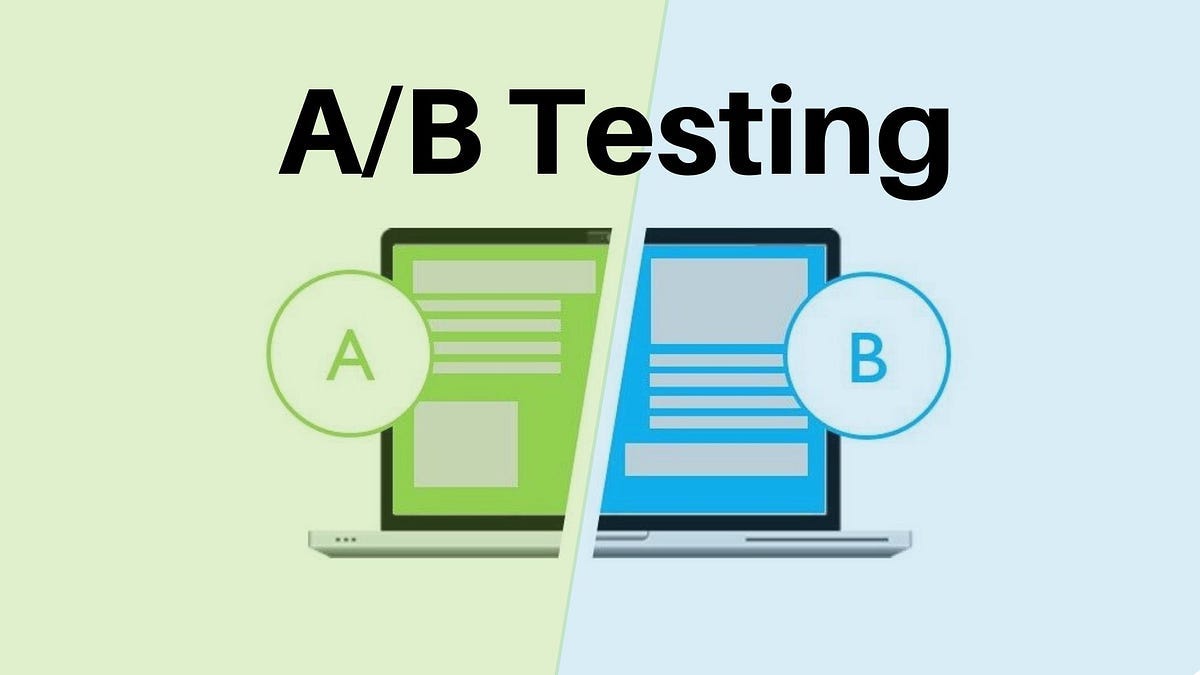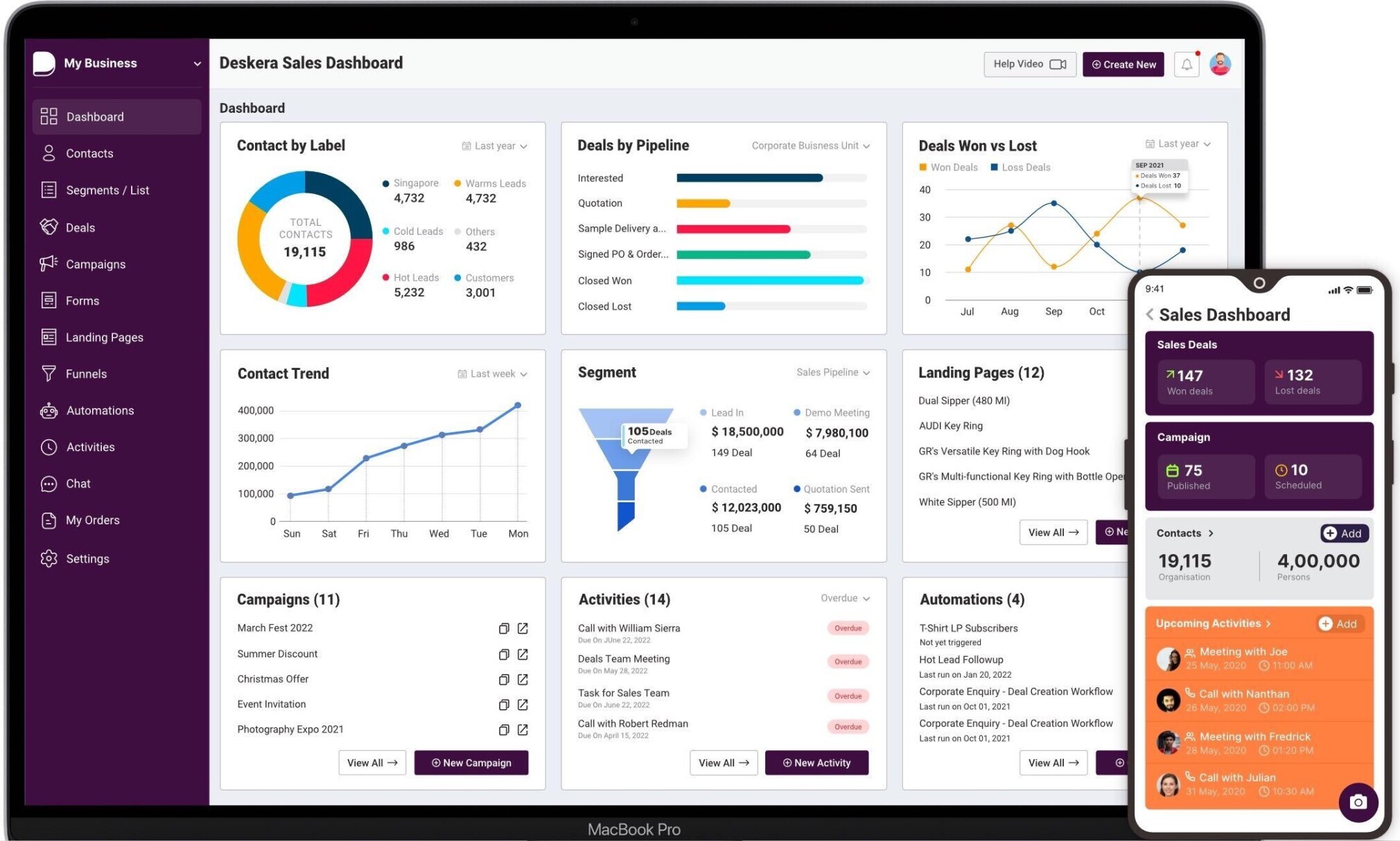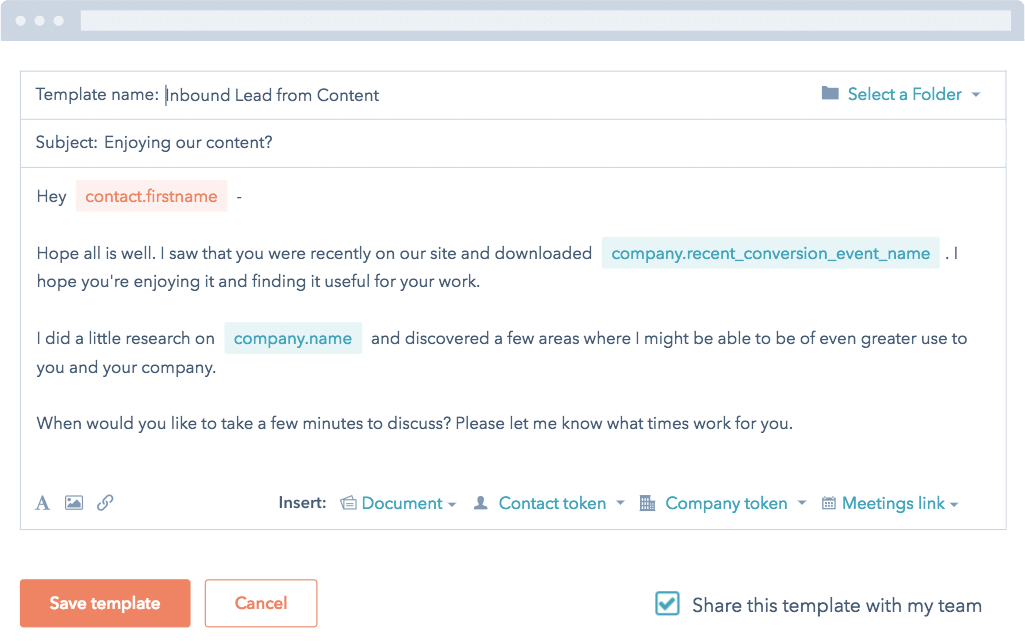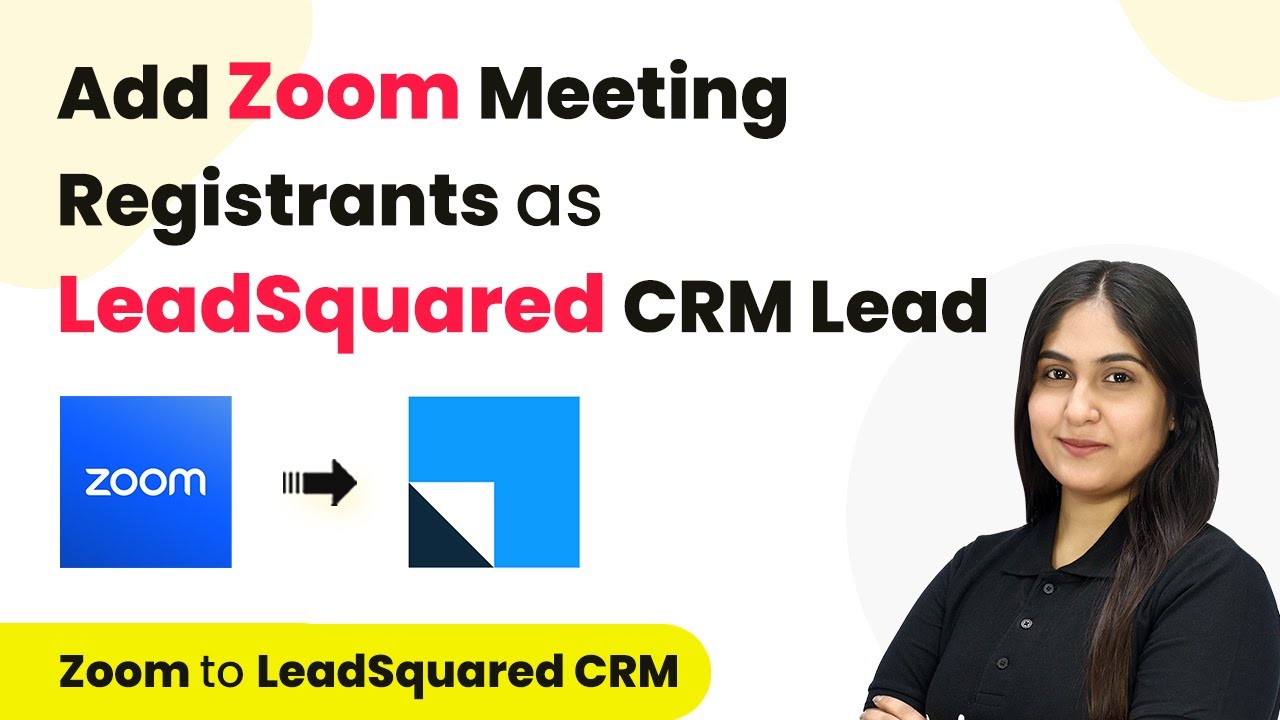Supercharge Your Sales: The Ultimate Guide to CRM Marketing Automation Tools in 2024
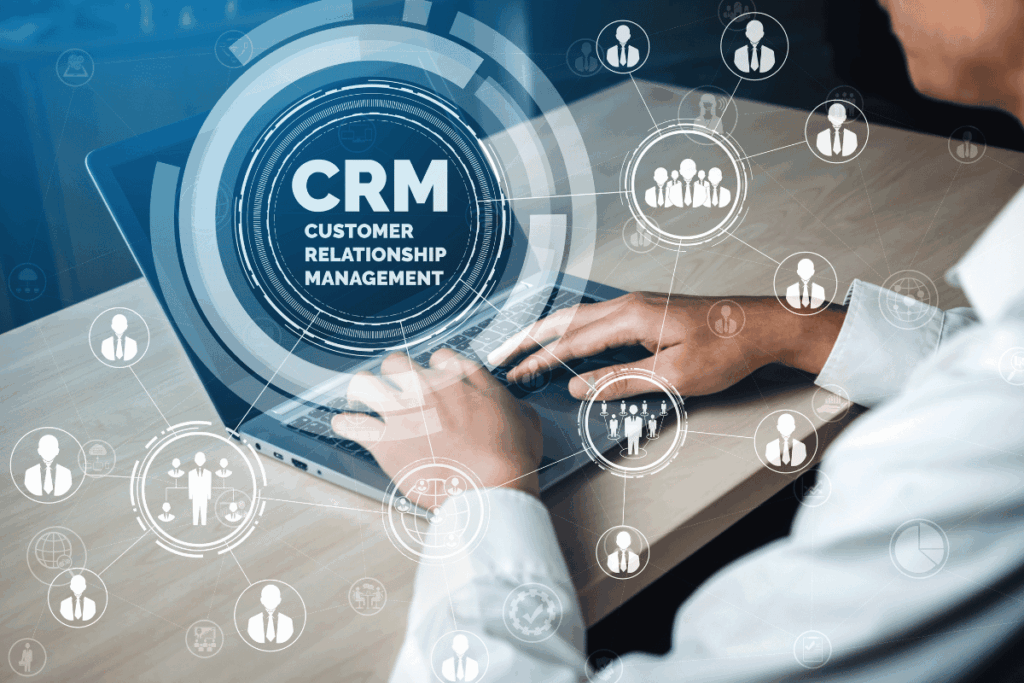
Supercharge Your Sales: The Ultimate Guide to CRM Marketing Automation Tools in 2024
In today’s fast-paced business world, staying ahead of the competition requires more than just a great product or service. It demands a strategic approach to customer relationship management (CRM) and marketing. This is where CRM marketing automation tools come into play, transforming the way businesses engage with their audience and drive revenue. This comprehensive guide will dive deep into the world of CRM marketing automation, exploring its benefits, key features, and the best tools available to help you supercharge your sales and achieve your business goals in 2024 and beyond.
What is CRM Marketing Automation?
At its core, CRM marketing automation is the integration of CRM and marketing automation technologies to streamline and optimize customer interactions throughout the entire customer lifecycle. It’s about using software to automate repetitive marketing tasks, personalize customer experiences, and nurture leads, ultimately leading to increased sales and improved customer loyalty. It’s like having a tireless assistant working 24/7 to manage your customer relationships and marketing efforts.
Think of it this way: traditional marketing often involves sending out generic emails to a large list of contacts. CRM marketing automation, on the other hand, allows you to segment your audience, personalize messages based on their behavior and preferences, and deliver the right message at the right time. This personalized approach is far more effective than the one-size-fits-all approach of the past.
The Benefits of CRM Marketing Automation
Implementing CRM marketing automation offers a wealth of benefits for businesses of all sizes. Here are some of the most significant advantages:
- Increased Efficiency: Automate time-consuming tasks like email marketing, social media posting, and lead nurturing, freeing up your team to focus on more strategic initiatives. This allows your team to focus on the tasks that require human interaction, like closing deals and building relationships.
- Improved Lead Generation and Nurturing: Capture leads, segment them based on their behavior, and nurture them through the sales funnel with targeted content and automated workflows.
- Enhanced Customer Engagement: Deliver personalized experiences that resonate with your audience, leading to increased engagement and loyalty.
- Better Sales Performance: Close more deals by providing your sales team with qualified leads and valuable customer insights.
- Reduced Marketing Costs: Optimize your marketing spend by automating tasks and targeting the right audience with the right message.
- Data-Driven Insights: Gain valuable insights into customer behavior and marketing performance, allowing you to make data-driven decisions and optimize your strategies.
- Improved Customer Retention: By providing personalized experiences and consistent communication, you can increase customer loyalty and reduce churn.
Key Features to Look for in CRM Marketing Automation Tools
When evaluating CRM marketing automation tools, it’s crucial to consider the features that will best meet your business needs. Here are some of the most important features to look for:
- Contact Management: A centralized database for storing and managing customer information, including contact details, interactions, and purchase history. This is the foundation of any good CRM system.
- Lead Management: Tools for capturing, scoring, and nurturing leads, including lead capture forms, lead scoring, and automated email workflows.
- Email Marketing: Features for creating and sending email campaigns, including email templates, segmentation, and automation.
- Marketing Automation Workflows: Visual workflow builders that allow you to automate marketing tasks based on customer behavior and triggers.
- Segmentation: The ability to segment your audience based on various criteria, such as demographics, behavior, and purchase history.
- Social Media Integration: Integration with social media platforms for scheduling posts, monitoring mentions, and engaging with your audience.
- Reporting and Analytics: Robust reporting and analytics capabilities to track your marketing performance and measure ROI.
- Sales Force Automation: Tools to streamline sales processes, manage deals, and track sales performance.
- Integration with Other Tools: Seamless integration with other tools you use, such as email marketing platforms, e-commerce platforms, and accounting software.
- Personalization: Ability to personalize content and messaging based on customer data and behavior.
Top CRM Marketing Automation Tools in 2024
The market is flooded with CRM marketing automation tools, each offering a unique set of features and benefits. Here are some of the top contenders in 2024, along with a brief overview of their strengths:
1. HubSpot CRM
HubSpot is a popular choice for businesses of all sizes, known for its user-friendly interface and comprehensive suite of features. It offers a free CRM that includes contact management, deal tracking, and basic marketing automation capabilities. HubSpot’s paid plans offer more advanced features, such as email marketing, landing pages, and marketing automation workflows. They offer a robust set of tools for inbound marketing, sales, and customer service.
Key Features:
- Free CRM with basic features
- Email marketing
- Landing pages
- Marketing automation workflows
- Sales automation tools
- Reporting and analytics
- User-friendly interface
2. Salesforce Sales Cloud
Salesforce is a leading CRM platform, offering a wide range of features and customization options. It’s a powerful tool for managing sales, marketing, and customer service. Salesforce Sales Cloud provides robust sales automation capabilities, including lead management, opportunity tracking, and sales forecasting. It’s a great choice for larger businesses with complex needs.
Key Features:
- Sales automation
- Lead management
- Opportunity tracking
- Sales forecasting
- Customization options
- AppExchange for integrations
3. ActiveCampaign
ActiveCampaign is a popular marketing automation platform that’s particularly well-suited for small to medium-sized businesses. It offers a user-friendly interface and a wide range of features, including email marketing, marketing automation, and CRM capabilities. ActiveCampaign is known for its powerful automation workflows and its ability to personalize customer experiences.
Key Features:
- Email marketing
- Marketing automation workflows
- CRM capabilities
- Segmentation
- Personalization
- User-friendly interface
4. Keap (formerly Infusionsoft)
Keap is a CRM and marketing automation platform designed for small businesses and entrepreneurs. It offers a comprehensive suite of features, including contact management, sales automation, and marketing automation. Keap is known for its focus on sales and its ability to help businesses streamline their sales processes. It’s a great option for businesses that need a tool to manage their sales pipeline and automate their marketing efforts.
Key Features:
- Contact management
- Sales automation
- Marketing automation
- E-commerce integration
- Payment processing
5. Zoho CRM
Zoho CRM is a comprehensive CRM platform that offers a wide range of features at a competitive price. It’s a good choice for businesses of all sizes, especially those looking for a cost-effective solution. Zoho CRM offers a variety of features, including contact management, sales automation, and marketing automation. Zoho CRM also integrates with other Zoho apps, such as Zoho Campaigns and Zoho Desk.
Key Features:
- Contact management
- Sales automation
- Marketing automation
- Workflow automation
- Reporting and analytics
- Competitive pricing
6. Pipedrive
Pipedrive is a sales-focused CRM designed to help sales teams manage their deals and close more sales. It offers a visual sales pipeline, which makes it easy to track deals and identify bottlenecks. Pipedrive is a great choice for sales teams that want a simple and intuitive CRM to manage their sales processes. It’s all about the sales pipeline.
Key Features:
- Visual sales pipeline
- Deal tracking
- Sales automation
- Reporting and analytics
- Mobile app
7. EngageBay
EngageBay is an all-in-one marketing, sales, and service CRM platform designed for small businesses and startups. It offers a free plan with a generous set of features, including contact management, email marketing, and live chat. EngageBay is a great choice for businesses looking for an affordable and comprehensive CRM solution. It offers a lot of bang for your buck.
Key Features:
- Free plan available
- Contact management
- Email marketing
- Live chat
- Marketing automation
- Sales automation
How to Choose the Right CRM Marketing Automation Tool
Choosing the right CRM marketing automation tool can feel like a daunting task. Here’s a step-by-step guide to help you make the right decision:
- Identify Your Needs: Determine your specific business needs and goals. What are you hoping to achieve with CRM marketing automation? What features are essential for your business?
- Assess Your Budget: Determine how much you’re willing to spend on a CRM marketing automation tool. Consider the cost of the software, as well as any implementation costs or training expenses.
- Research Different Tools: Research the different CRM marketing automation tools available, paying attention to their features, pricing, and reviews.
- Compare Features: Compare the features of different tools to see which ones best meet your needs. Create a spreadsheet to compare the features of each tool.
- Read Reviews: Read reviews from other users to get an idea of the strengths and weaknesses of each tool.
- Request Demos: Request demos from the vendors of your top choices to see the tools in action and ask any questions you may have.
- Consider Integrations: Make sure the tool integrates with any other tools you use, such as your email marketing platform, e-commerce platform, and accounting software.
- Choose a Tool and Implement: Once you’ve made your decision, choose the tool that best meets your needs and implement it in your business.
- Train Your Team: Provide training to your team on how to use the tool effectively.
- Monitor and Optimize: Monitor your marketing performance and make adjustments to your strategies as needed.
Best Practices for CRM Marketing Automation
Once you’ve chosen your CRM marketing automation tool, it’s essential to implement it effectively to maximize its benefits. Here are some best practices to follow:
- Define Your Goals: Clearly define your marketing goals and objectives before you start using the tool. What are you hoping to achieve?
- Segment Your Audience: Segment your audience based on their demographics, behavior, and purchase history. This will allow you to personalize your messaging and deliver more relevant content.
- Create Engaging Content: Create high-quality content that resonates with your audience and provides value. This includes blog posts, ebooks, videos, and other types of content.
- Automate Workflows: Automate repetitive tasks, such as sending welcome emails, nurturing leads, and following up with customers.
- Personalize Your Messaging: Personalize your messages based on customer data and behavior. Use customer names, purchase history, and other relevant information to create a more personalized experience.
- Test and Optimize: Test your campaigns and workflows to see what’s working and what’s not. Make adjustments as needed to optimize your results.
- Track Your Results: Track your marketing performance and measure your ROI. Use the data to make informed decisions and optimize your strategies.
- Integrate with Other Tools: Integrate your CRM marketing automation tool with other tools you use, such as your email marketing platform, e-commerce platform, and accounting software.
- Stay Up-to-Date: Stay up-to-date on the latest CRM marketing automation trends and best practices.
- Provide Excellent Customer Service: Provide excellent customer service to build strong relationships with your customers.
The Future of CRM Marketing Automation
The field of CRM marketing automation is constantly evolving, with new technologies and trends emerging all the time. Here are some of the trends to watch out for in the coming years:
- Artificial Intelligence (AI): AI is playing an increasingly important role in CRM marketing automation, with tools that can automate tasks, personalize customer experiences, and predict customer behavior. AI-powered chatbots and predictive analytics are becoming more prevalent.
- Hyper-Personalization: Businesses are moving towards hyper-personalization, which involves tailoring content and messaging to individual customer preferences and behaviors.
- Omnichannel Marketing: Businesses are using omnichannel marketing to engage with customers across multiple channels, such as email, social media, and mobile apps.
- Data Privacy: Data privacy is becoming an increasingly important concern, with businesses needing to comply with regulations such as GDPR and CCPA.
- Integration: Seamless integration between different marketing tools and platforms will become even more crucial.
Conclusion
CRM marketing automation is a powerful tool that can help businesses of all sizes improve their customer relationships, increase sales, and drive revenue. By understanding the benefits of CRM marketing automation, choosing the right tools, and following best practices, you can supercharge your sales and achieve your business goals. As technology continues to evolve, the future of CRM marketing automation is bright, with exciting new possibilities on the horizon. Embrace the power of automation, personalize your customer experiences, and watch your business thrive. The key is to find the right tools that fit your specific needs and integrate them seamlessly into your existing workflows. By doing so, you’ll be well-positioned to navigate the ever-changing landscape of modern marketing and achieve lasting success. Remember, it’s not just about automating tasks; it’s about building meaningful relationships with your customers and providing them with the best possible experience.

